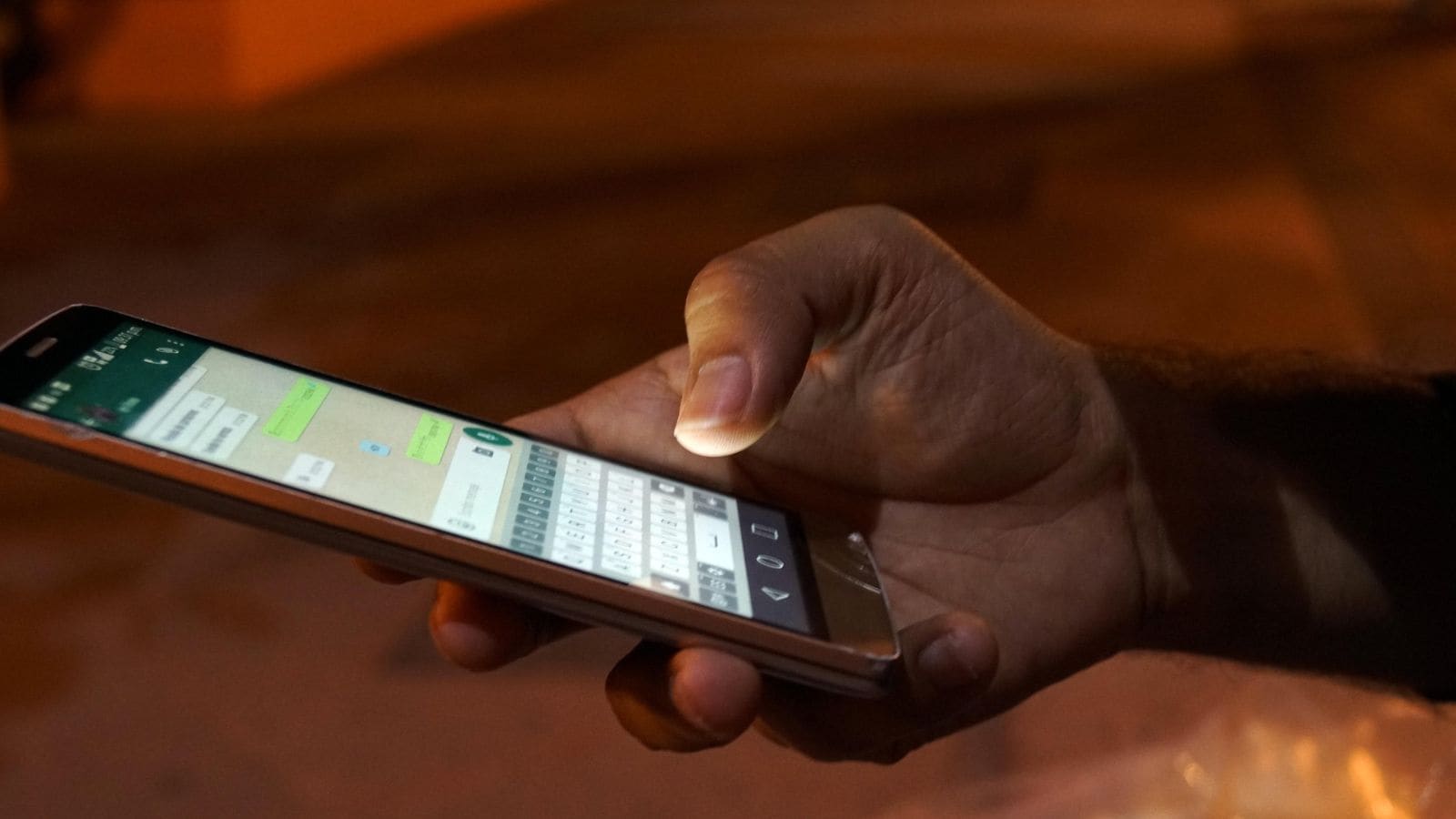- Courses
- GS Full Course 1 Year
- GS Full Course 2 Year
- GS Full Course 3 Year
- GS Full Course Till Selection
- CSAT
- 5 LAYERED ARJUNA Mentorship
- Public Administration Optional
- Online Program
- GS Recorded Course
- NCERT Batch
- Polity Module Course
- Geography Module Course
- Economy Module Course
- AMAC Module Course
- Modern India, Post Independence & World History Module Course
- Environment Module Course
- Governance Module Course
- Science & Tech. Module Course
- International Relations and Internal Security Module Course
- Disaster Management Module Course
- Ethics Module Course
- Essay Module Course
- Current Affairs Module Course
- ABOUT US
- OUR TOPPERS
- TEST SERIES
- FREE STUDY MATERIAL
- VIDEOS
- CONTACT US
I-T Bill proposes govt can ‘override’ online access codes
I-T Bill proposes govt can ‘override’ online access codes

- The Income tax bill 2025 will give tax officials the power to override or break passwords on digital devices and accounts.
- This can apply to phones, laptops, emails, social media, cloud storage, and even encrypted apps like WhatsApp.
- The bill allows officials to either use password-breaking tools or ask tech companies to help bypass login credentials.
- Even phone manufacturers like Apple could be asked to assist in breaking into a device.
- A new phrase added to the bill gives legal backing to this power, which was not present in the current Income Tax Act.
Existing Powers and What’s Changing
- Under Section 132 of the current Act, tax officers can search premises, seize documents, and examine electronic records.
- If someone refuses to cooperate, officials can break physical locks or seize devices.
- The new bill keeps these powers but goes further by allowing entry into “virtual digital spaces” by overriding digital access controls.
What changes if the bill becomes act
|
Aspect |
Before (Existing Powers – I-T Act, 1961) |
After (Proposed Powers – I-T Bill, 2025) |
|
Search and Seizure |
Tax officers could search premises, seize documents, and examine electronic records. |
These powers remain unchanged. |
|
Dealing with Non-Cooperation |
Officials could break physical locks or seize devices if the person refused to cooperate. |
Still allowed. |
|
Access to Digital Spaces |
No explicit power to override or bypass digital access controls like passwords. |
Now explicitly allows override of passwords and access codes. |
|
Email Servers |
Officers could access only if user gave access or password was shared. |
Officers can now legally override passwords to access email accounts. |
|
Social Media Accounts |
Access was limited unless credentials were voluntarily shared. |
Officers can now access even if user refuses, by bypassing passwords. |
|
Online Banking/Trading Accounts |
Access depended on voluntary disclosure by the person under scrutiny. |
Officials may now override login security to check account activity. |
|
Cloud Servers |
Could only be accessed if login information was given by the user. |
Access now allowed by breaking access controls or seeking tech company help. |
|
Asset Storage Websites |
Officials needed user cooperation to access digital asset details. |
Now permitted to override protections to view ownership or transactions. |
|
Other Digital Platforms |
Not clearly covered under the existing law. |
Broadly covered now under the term “virtual digital space”. |
What Officials Say
- Tax officials argue that there are no major changes in power.
- They claim the new bill only simplifies the language for better understanding.
- Officials say they already collect digital evidence like emails and chats from apps like WhatsApp and Telegram.
- They believe access to these platforms is crucial for proving tax evasion.
Legal and Privacy Concerns
- Experts say the power to override passwords was earlier in a grey area, and now the bill makes it explicit.
- Privacy advocates and legal experts are worried this could lead to abuse of power.
- Without safeguards, such powers could allow invasion of personal privacy or harassment of taxpayers.
- This is seen as a major change from the Income-tax Act, 1961, which did not include digital domain override.
Digital Privacy Law and Loopholes
- The Digital Personal Data Protection Act is not yet enforced.
- Even after it is implemented, tax officials may be exempt, which weakens its impact.
- This exemption has been criticized for allowing too much power to government agencies without checks.
Demand for Safeguards
- The Internet Freedom Foundation (IFF) wrote to the Parliament’s Select Committee.
- IFF said the bill should follow the Supreme Court’s 2017 privacy judgment, which emphasized:
- The use of the least invasive methods
- Applying the proportionality standard before taking action
- IFF warned that without clear limits, the new powers may lead to unchecked surveillance and violate citizens’ privacy rights.
The proposed changes in the Income Tax Bill, 2025 mark a significant shift in the government’s approach to digital investigations. By explicitly granting tax authorities the power to override passwords and access private digital platforms, the bill extends search and seizure powers into deeply personal virtual spaces.
|
Also Read |
|
UPSC Foundation Course |
|
| UPSC Monthly Magazine | CSAT Foundation Course |




